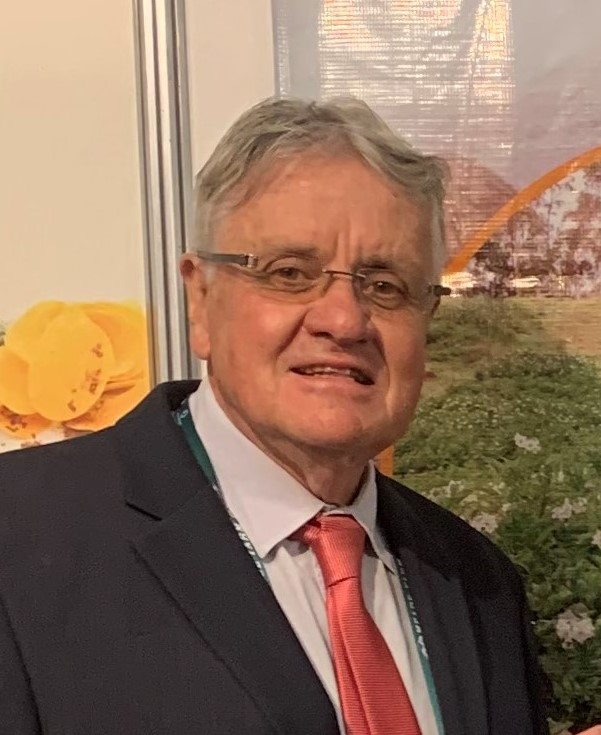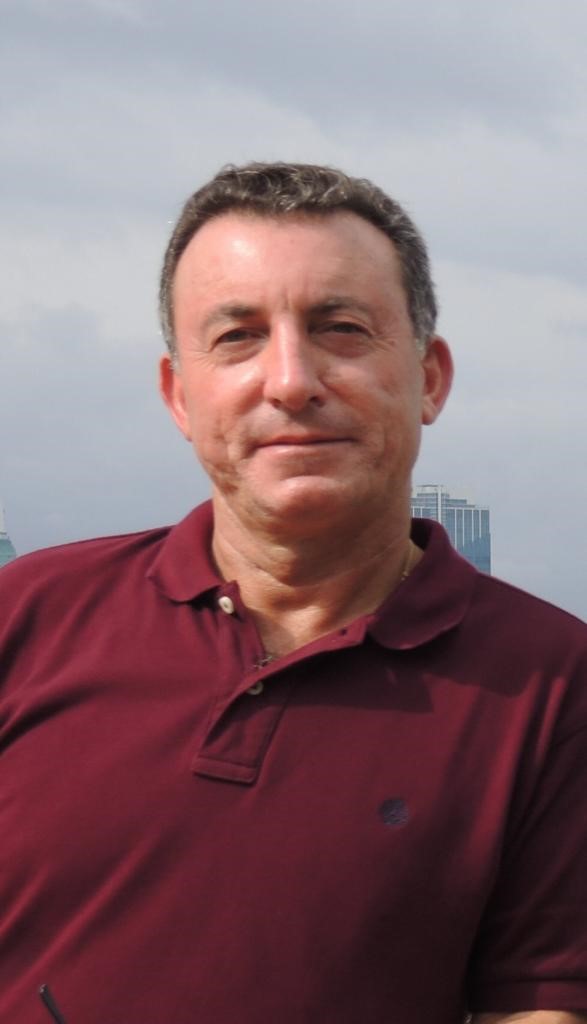The World Potato Congress is extremely pleased to present its fourth webinar on October 18 at 9:00 a.m. Eastern Standard time (USA/Canada) in English followed by the presentation in Spanish.
The World Potato Congress is pleased to present its fourth webinar on October 18th at 09:00 a.m. Eastern Standard Time (USA/Canada) in English followed by the presentation in Spanish.
Presentation Outline
In the Canary Islands (Spain), about 50 old potato varieties are currently cultivated with unique characteristics that have been maintained and cultivated over 450 years since they were introduced from South America by the “conquistadores”. The Canary Islands is comparable to a natural laboratory of the products that in the sixteenth century arrived from America such as the ancient potato landraces that were maintained over 450 years, allowing them to evolve towards great diversity. The presentation, after describing the origin of the potato, traces the history of ancient potato landraces in the Canary Islands since their first arrivals from the Andean area. Then, it analyzes the characteristics of these varieties, still cultivated and preserved, and their genetic diversity by integrating morphological, agronomic and molecular data indicating that there is a high probability that the cultivars of potatoes in the Canary Islands were introduced in parallel from the Andes and Chiloé at the south of Chile. These data contribute to the study of the first potatoes that entered Europe and their subsequent evolution.
Summary of the presentation
In the Canary Islands (Spain), about 50 ancient potato varieties with unique characteristics are currently grown that have been maintained and cultivated over 450 years since they were introduced from South America by the conquistadors. The Canary Islands is comparable to a natural laboratory of the products that arrived from America in the sixteenth century, such as the ancient potatoes that were maintained and cultivated over 450 years, allowing them to evolve into a great diversity. The presentation, after describing the origin of the potato, goes through the history of ancient potatoes in the Canary Islands since their first arrivals from the Andean area. Then, the characteristics of these varieties, still cultivated and preserved, and their genetic diversity are analyzed, integrating morphological, agronomic and molecular data, indicating that there is a high probability that potato cultivars could exist in the Canary Islands introduced in parallel from the Andes and Chiloé, southern Chile. These data contribute to the study of the first potatoes that entered Europe and their subsequent evolution.
English webinar presenter
Dr. André Devaux
André Devaux is an agronomist and holds a PhD in Agricultural Sciences from the Catholic University of Leuven, Belgium. He has more than 35 years of experience in development research with the International Potato Center (IPC) and with other organizations such as FAO and the Swiss Development Agency (SDC). He has extensive research experience in potato production systems, innovation systems, the value chain approach, food safety and public-private partnerships. He has collaborated with national and international multidisciplinary teams in Latin America (Andes), East Africa and Asia (Pakistan). He has published more than 60 articles and books. In 2012, he assumed the position of director of the CIP Regional Program for Latin America, coordinating the activities of the CIP in the Andes and promoting institutional alliances and capacity building in Central America and the Caribbean. He was appointed Emeritus Scientist at the International Potato Center (IPC) in 2019 and now resides in Belgium, where he remains active as an independent consultant and Member of the Board of Directors of the World Potato Congress.
Seminar presenter in Spanish

Doctor Domingo Ríos
Domingo Ríos is an agronomist and PhD in the Agricultural Research Program of the University of Santiago de Compostela, in Spain. He has been working since 1995 as an Experimenter of the Agrarian Extension Service, and since 2003 as director of the Center for the Conservation of Agrarian Biodiversity of Tenerife, and associate professor at the University of La Laguna. He has experience in the conservation and characterization of Agricultural Plant Genetic Resources, specializing in germplasm of native potatoes of the Canary Islands. He has also worked on local varieties of horticultural and fruit species. She has done research stays in the Netherlands at the Naaldwijk Research for Floriculture and Glasshouse Vegetables Station, at the International Potato Center in Peru and at the Department of Horticulture of the University of Wisconsin in the United States. He has been first vice-president of the Spanish Society of Horticultural Sciences.
How to register for the webinar
Register in advance for this webinar at:
Following registration for this webinar, you will receive a confirmation email containing information about joining the webinar.
How to register for this webinar
Register in advance for this webinar:
After registering for this webinar, you will receive a confirmation email containing information on how to join the webinar.







